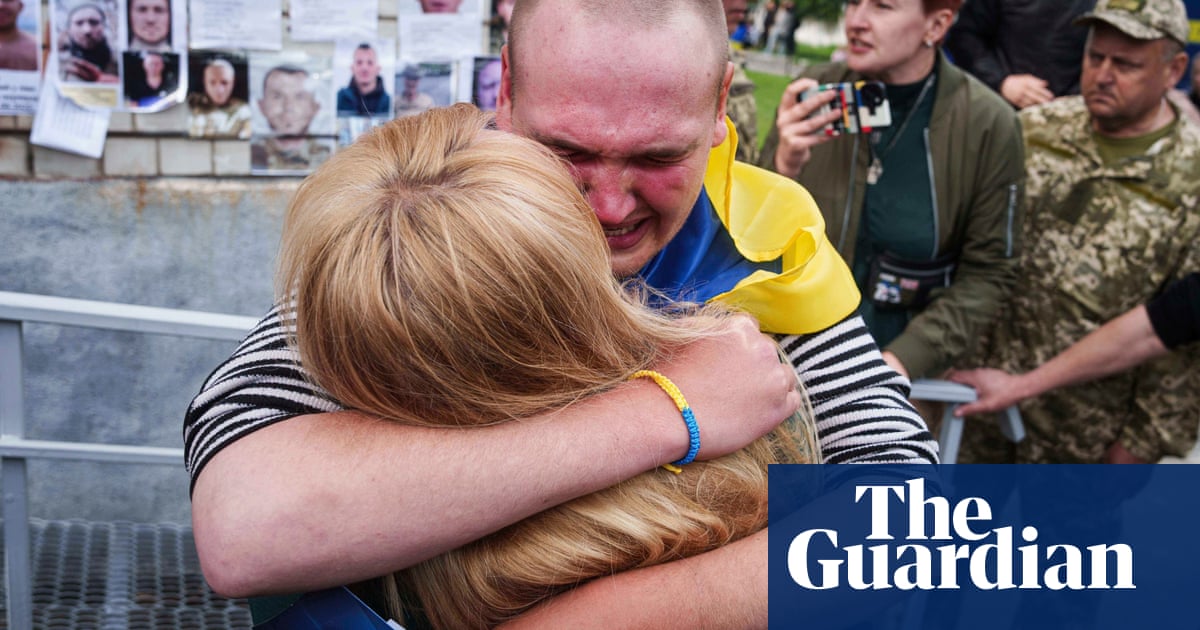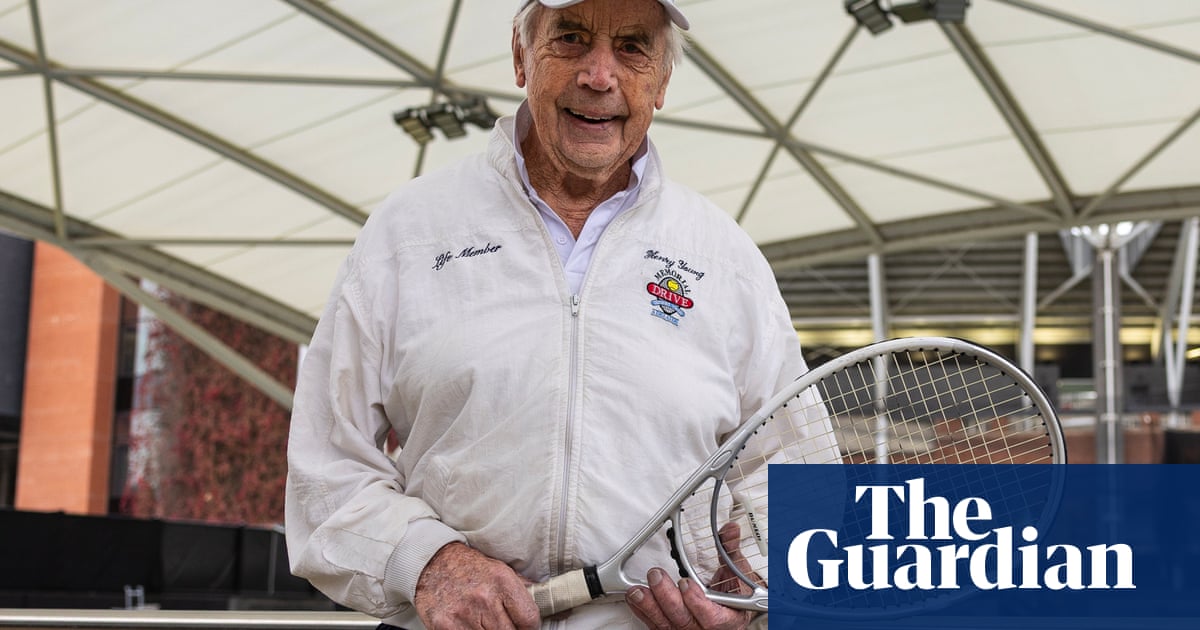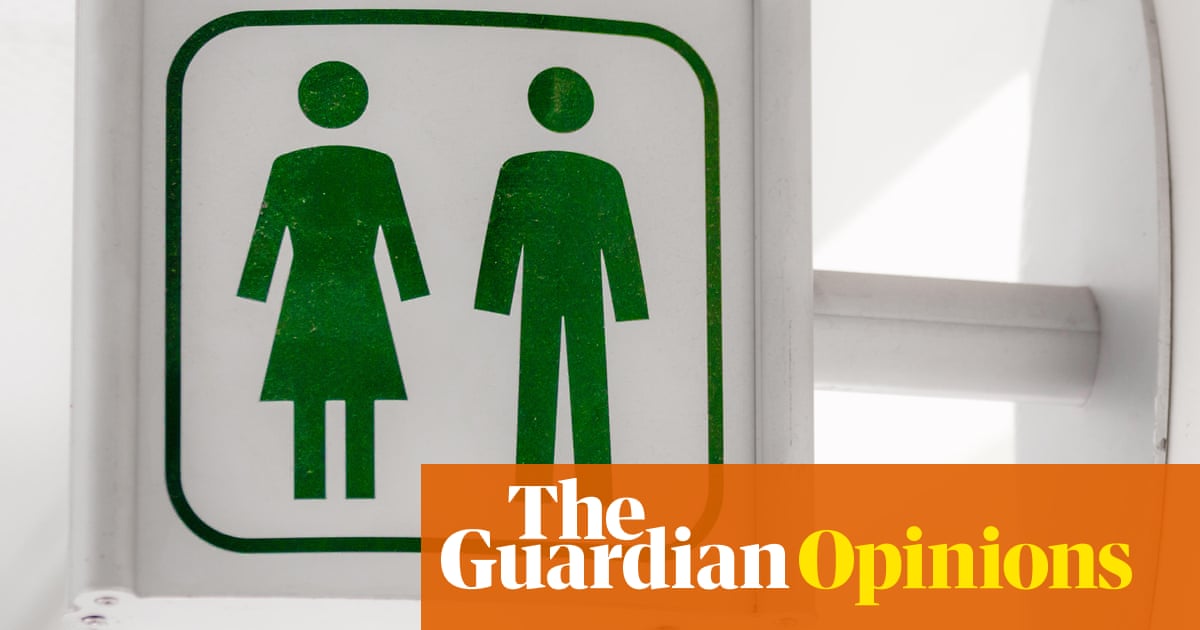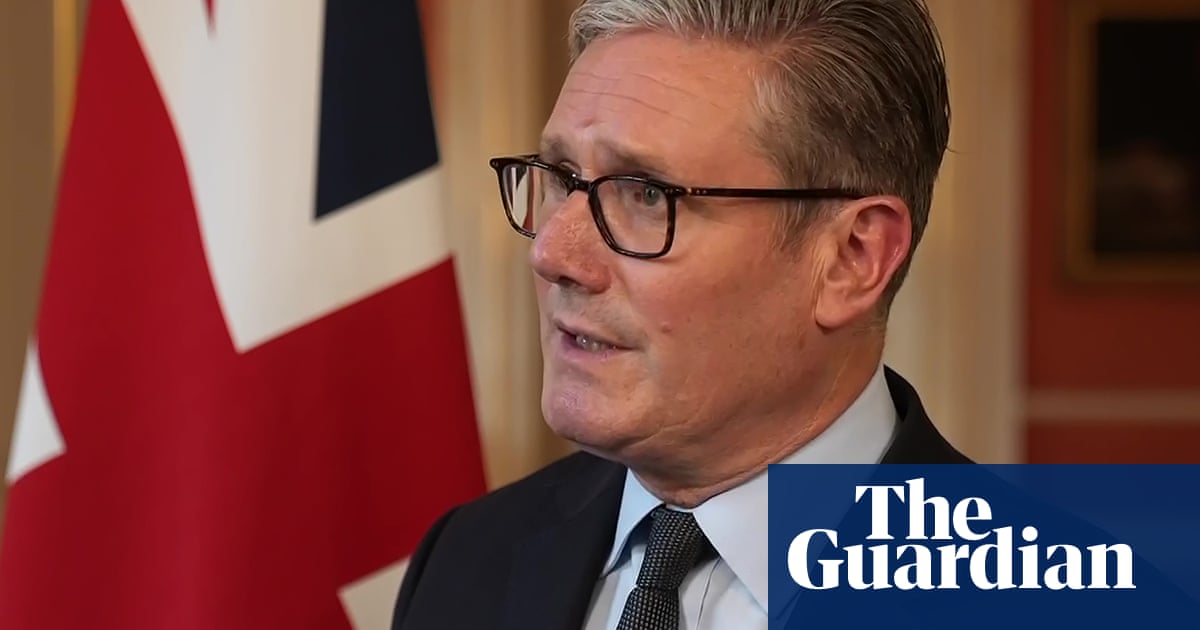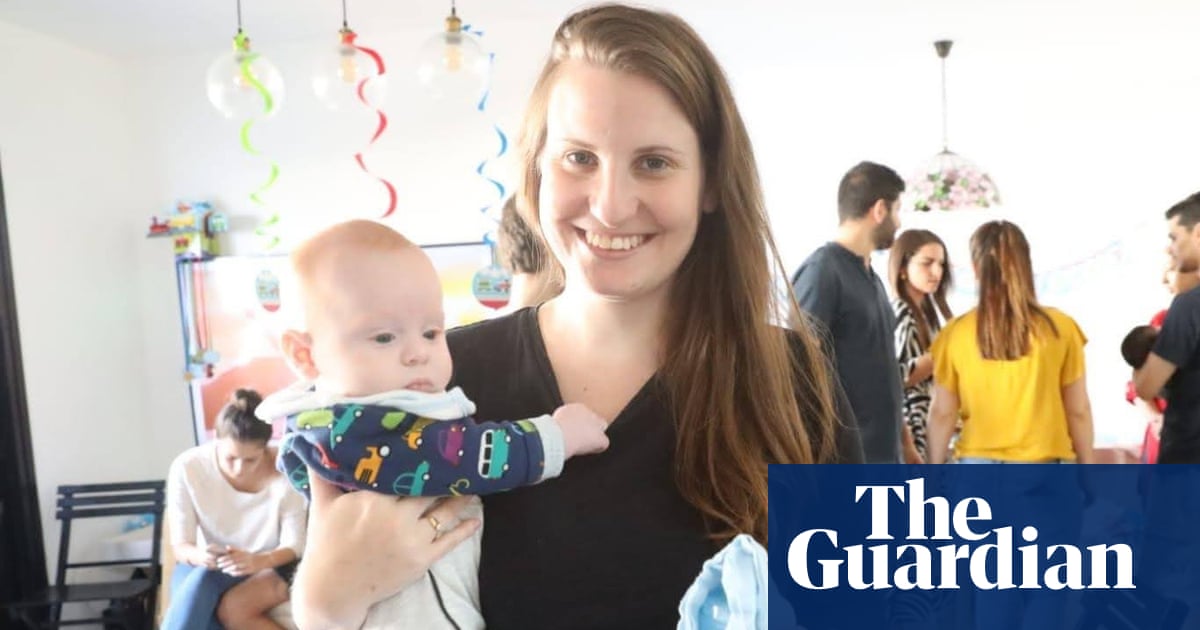The world’s best cancer doctors, scientists and researchers are being put off moving to or staying in the UK by politicians’ rhetoric on immigration, a leaked report reveals.
Recruiting and retaining “global talent” to treat NHS patients and find new ways to cure cancer is vital, amid an acute British workforce crisis and rising numbers being diagnosed with the disease.
However, political discourse around foreign nationals is deterring professionals from coming to work or remaining in the UK, according to analysis being studied by the Cabinet Office and the Department for Science, Innovation and Technology.
“Politicians’ messaging about the UK, including around immigration in general, has a direct impact on our ability to attract and retain talent,” the report says. The issue has dominated Britain’s political debate for more than a decade and played a key role in Brexit.
One person who gave evidence to the review told its authors: “Nobody wants to come [and] work somewhere they’re not welcome.”
During last year’s general election campaign, Rishi Sunak promised to introduce a legal cap to curb immigration levels if re-elected prime minister.
“By capping migration numbers each year, we will ensure that public services are protected and housing is not overburdened, while still bringing the skills our businesses and NHS need,” the Conservative party said in June 2024.
Sunak had already brought in new rules to reduce legal migration, including increasing the salary threshold for skilled worker visas.
In the election itself, more than 4 million people voted for Reform UK – headed by Nigel Farage, who has said immigration was making parts of the UK appear “unrecognisable” and like “a foreign land”.
In November last year, the prime minister, Keir Starmer, promised to slash the number of people coming to the UK, saying he would overhaul the immigration system to put the onus on organisations to train British workers.
The report being studied by government officials was compiled by experts from organisations including Cancer Research UK, the University of Southampton, and Hatch, a research consultancy. The report says politicians’ messaging on immigration is harming the UK’s ability to recruit the world’s leading professionals.
This is derailing clinical trials and cancer research efforts, delaying progress in finding new ways to tackle the disease, and denying NHS patients access to life-saving drugs. Some of those affected are children whose cancer has returned or treatment has stopped working.
High UK visa costs are also causing a fall in top job applicants from around the world, the 54-page report obtained by the Guardian adds.
Clinical trials, universities and the NHS are struggling to compete with other countries when trying to persuade the “best talent” to move to Britain, with cancer patients missing out on their expertise, it says.
“Before Brexit, EU researchers didn’t have to obtain or pay for visas to work in the UK, so the EU was a large talent pool for UK research,” the report warns.
“The UK’s upfront immigration costs now vastly exceed other leading research nations, so the UK is struggling to compete. EU countries can more easily attract talent from the EU due to free movement, and from non-EU countries due to their relatively low visa costs.
“Non-EU countries are also attractive to global research talent due to lower comparative immigration costs than the UK.”
British scientific institutions are having to spend huge sums on visa costs for cancer professionals they wish to attract and recruit.
The Francis Crick Institute, one of the world’s leading biomedical research centres, is now spending more than £500,000 a year on visas for cancer scientists. Cancer Research UK institutes are spending almost £690,000 a year, up 44% from £470,000 in 2022-23.
“The increasing immigration costs are taking money away from research and researchers can’t afford them, which is limiting access to global talent,” the report says.
The review recommends ministers reduce “overall and upfront immigration costs” for cancer professionals and their families, and “initiate a review of the impact of the immigration system on the recruitment of international talent”.
In a statement, the government said it was “enhancing collaboration” between industry, academics, the NHS and charities, adding that it was making it “easier to conduct life-saving research in medical science and technology so patients can be diagnosed earlier and offered targeted therapies”.
Dr Ian Walker, an executive director of Cancer Research UK, said working with global talent was essential if the UK was to “make faster progress towards new cancer treatments and to beat this disease”.
He added: “Our future health and wellbeing depends on working together internationally.”

.png) 1 month ago
43
1 month ago
43
